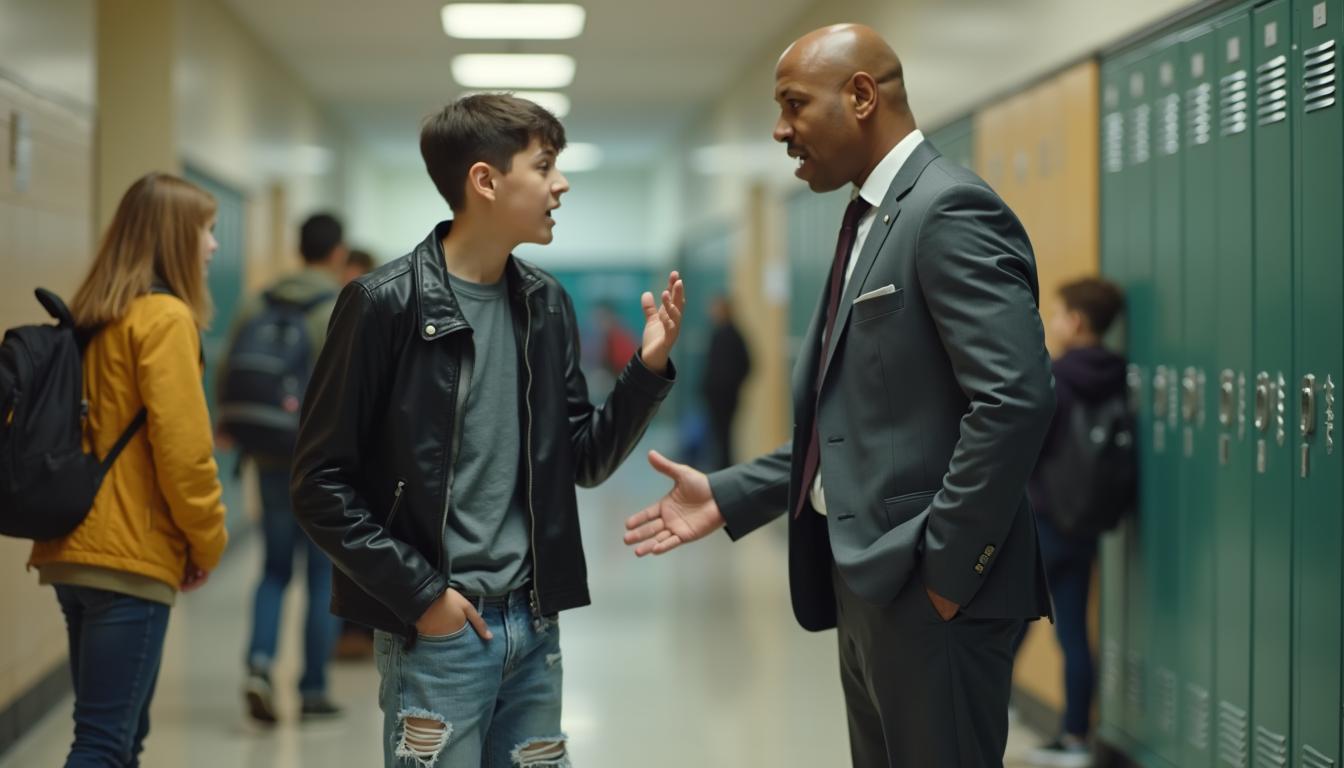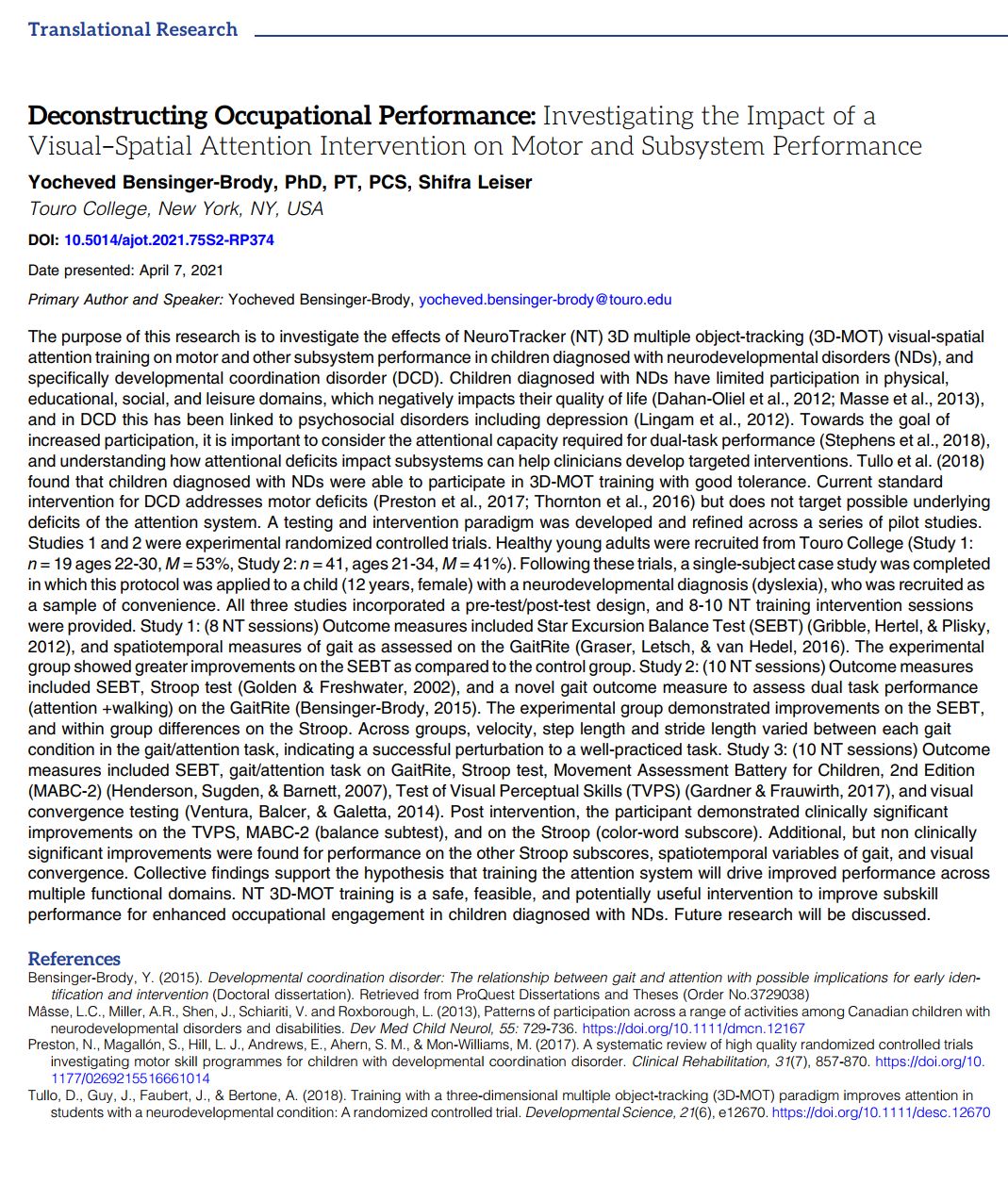Welcome to the Research and Strategy Services at in today's fast-paced.


Gifted ADHD children often feel out of sync with the world. Their intensity, creativity, and challenges can leave them feeling misunderstood — even by those who love them most.
When kids feel seen and accepted, they build the confidence and resilience needed to thrive.

Gifted ADHD children may be advanced in some areas (like reasoning) but delayed in others (like self-regulation). This uneven profile creates frustration and confusion.
Being both gifted and ADHD can make it harder to fit in. Intense interests, impulsivity, or perfectionism may push peers away.
What looks like laziness or defiance may actually be executive function struggles or emotional flooding.

Create safe spaces where kids can share their worries and dreams without correction. Reflect back what you hear: “It sounds like you felt frustrated when that happened.”
Balance feedback. Alongside reminders about chores or homework, point out creativity, kindness, or problem-solving skills.
Kids feel understood when they have strategies that match their needs:
Gifted ADHD kids don’t need to be “fixed.” They need foundations of empathy, strength-based feedback, and tailored supports to feel truly understood.
Q: What does “asynchronous development” mean in everyday life?
A: A child may read like a teenager but melt down like a much younger child. Uneven skills are normal in gifted ADHD kids.
Q: How do I help my child fit in socially?
A: Encourage activities that align with their interests while also teaching social flexibility and perspective-taking.
Q: Is it harmful to focus too much on strengths?
A: No — as long as struggles aren’t ignored. Balanced feedback builds resilience.
Q: Can tools like NeuroTracker really make kids feel more understood?
A: Indirectly, yes. Cognitive training helps reduce frustration from attention struggles, allowing kids’ strengths to shine.
This article was originally published on Breakthrough ADHD and is republished here with permission.








Welcome to the Research and Strategy Services at in today's fast-paced.

Learn about Marc Van Loken's growing mission for brain health advocacy with Marvalous Health.

Understand the unique challenges of gifted ADHD kids and strategies to help them find balance.

Learn about two pioneering centers led by Dr. Kakavas that integrate neuroscience, biomechanics, and elite rehabilitation methods.
.png)